
Women’s Political Leadership and Gender Equality
IRI promotes women’s meaningful political participation and gender equality throughout all our regional programs, as well as our dedicated global initiative, the Women’s Democracy Network (WDN).
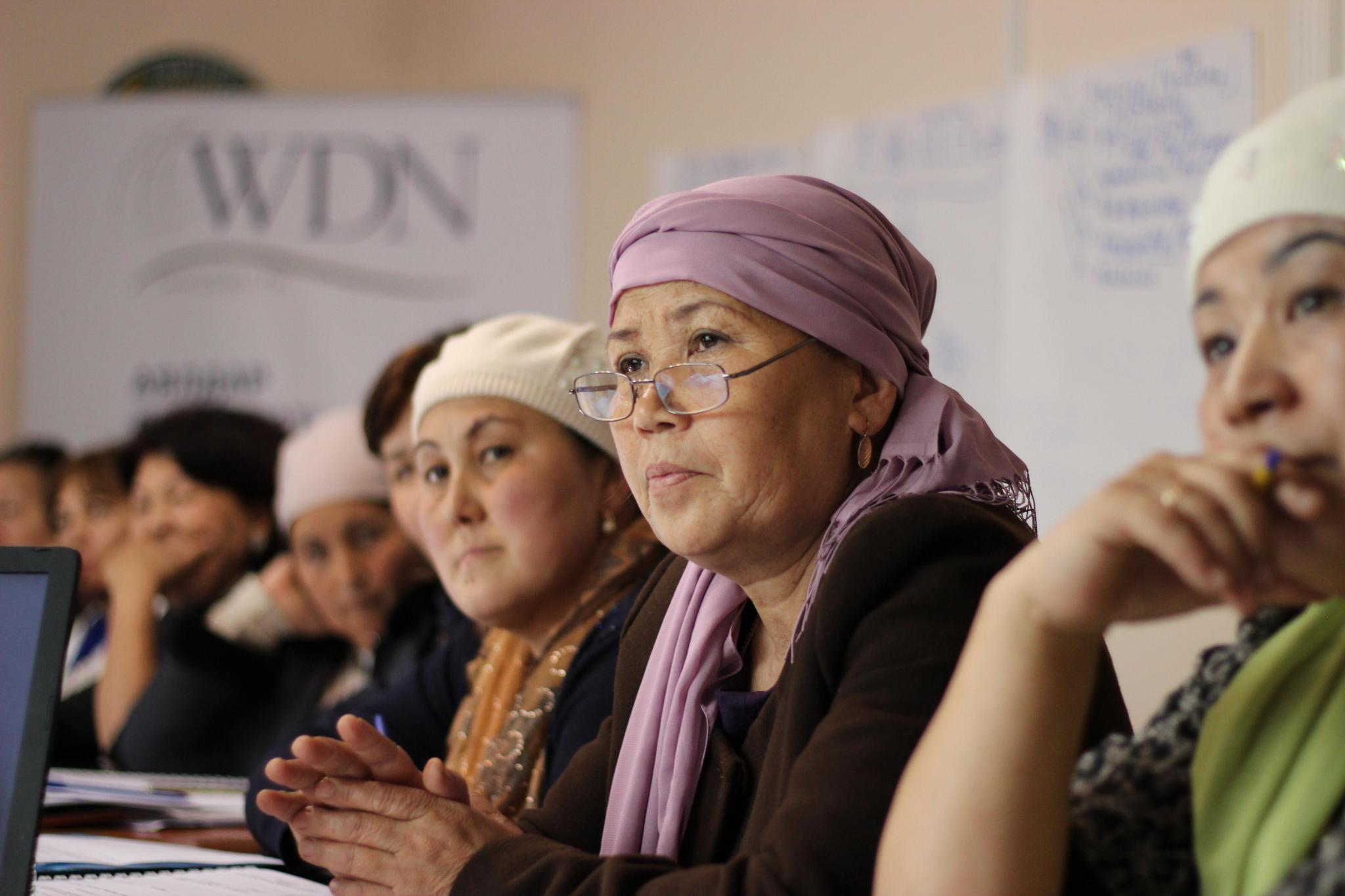
Increasing women’s participation in public life strengthens a country’s democracy, economy and long-term peace and stability. In furtherance of the United Nations Security Resolution 1325 on Women, Peace and Security, IRI promotes women’s meaningful political participation and gender equality throughout all our regional programs, as well as our dedicated global initiative, the Women’s Democracy Network (WDN).
IRI equips women at all stages of their political and civic involvement, from those who are just beginning to participate in public life to seasoned policymakers. IRI works to create a positive enabling environment for women in public life by promoting inclusive policies, gender equitable sociocultural norms and attitudes, and women’s ability to rise to leadership positions.
Using a gender-transformative approach, IRI supports our partners in realizing a more democratic society by addressing inequitable gender norms and imbalances of power, focusing on three core dimensions.
First, working with our local partners, IRI provides women with access to resources and information to build their skills so that they can participate in public life. IRI builds these skills through peer-to-peer learning, networking opportunities, and mentorship. Second, IRI brings people together. As a connector and convener, IRI provides the support, space, and opportunity for women to network with each other, male allies, and leaders in civil society, government and political parties. And, finally, IRI works with local partners, including women activists, civil society organizations, and the media to spotlight women’s viability as political and civic leaders. IRI’s partners run awareness campaigns that promote gender equality and counter negative stereotypes at both the family and community level, including raising public consciousness about gender-based violence (GBV) and ways to address it.
IRI relies on evidence-based and locally-driven programming to amplify the voices and work of our partners. IRI integrates an intersectional analysis of gender norms and inequities at every stage of its programming and considers the specific ways in which various forms of prejudice, including but not limited to patriarchal attitudes and racism, compound the marginalization of women, fuel GBV, and undercut women’s involvement in public life.
Women, Peace, and Security
Men and women are often disparately impacted by conflict and the policies and interventions designed to promote stabilization, reconstruction, and durable peace. Whether a society is entrenched in conflict or consolidating democracy, there are demands and opportunities for women’s inclusion. Recognizing the profound effect that women’s participation in public life has on a country’s security, justice, and resilience as described in the United Nations Security Resolution 1325 on Women, Peace and Security, IRI empowers women to seize opportunities during periods of conflict and transition while also building skills for them to engage in long-term political processes in advancement of sustainable peace and greater prosperity for all. As systemic inequality faced by women and girls serves as a known driver of conflict, IRI’s women’s empowerment programming works to mitigate conflict at its source.
Political and Civic Participation
Increasing women’s participation in public life brings significant benefits to a country’s stability. Yet women remain underrepresented in public life around the world. IRI uses its WDN SheVotes toolkit to identify and address the three types of interlocking and mutually reinforcing barriers to public life that women face. The first is individual barriers, which impede women’s agency and efficacy. The second impediment is institutional and governmental barriers, which include legislative and regulatory provisions that undermine—through omission or commission—women’s participation. And the third is societal, which includes a patriarchal system and/or misogyny that exclude women from participating fully in the public sphere. These barriers create different expectations for women and men, shape the dynamics between and within them, and affect individual decision-making power and experiences.
To address these challenges, IRI’s political and civic participation programming centers on the following three pillars: the first pillar broadens women’s understanding of how to participate in political processes and why that engagement is important. Leveraging WDN’s Women’s Leadership School and Women’s Political Leadership Academy curricula, this pillar offers leadership and skills training that builds self-confidence and introduces women to avenues for public engagement.
The second pillar aims to build a critical mass. IRI helps women develop connections with people in civic and political networks. It also builds their skills to run for office and participate in civil society and political parties using such resources as WDN’s Toolkit for Effective Activism, Ask a Woman to Run curriculum, and its Transformative Alliances Toolkit.
Last, IRI equips women with the technical and soft skills to serve effectively once in positions of leadership, utilizing WDN’s Gender-Responsive Policymaking Toolkit and Violence Against Women in Politics curriculum. As part of this pillar’s programming, IRI supports women to promote gender-responsive policies and inspire a new generation of women leaders.
Gender-Responsive Policymaking
Gender-responsive policymaking addresses the different needs and priorities of everyone, regardless of their sex. This leads to better policies and ultimately establishes a more just, productive, and peaceful world. Gender-responsive policymaking is simply smart policymaking.
Via WDN’s Gender-Responsive Policymaking Toolkit, and its Transformative Alliances Toolkit, IRI builds a common understanding of how gender norms, roles, and power imbalances affect policymaking. IRI also supports gender-responsive policymaking and builds the skills to integrate gender in the policymaking process. With this work, IRI helps to equip female and male leaders – in government positions, civil society and political parties – with the tools and knowledge to incorporate gender considerations in policy, to work to reverse gender inequality, and to correct power imbalances. By supporting women leaders, cultivating male allies, providing technical training and resources, and running forums to share best practices and lessons learned, IRI and its partners can shape how policies are created. IRI’s work in addressing gender-based violence, in all its myriad forms, and promoting women’s economic empowerment are particularly important.
Technical Experts

Valerie
Director, Private Sector Engagement & Women’s Democracy Network
Keri
Zolman
Deputy Director, Women’s Democracy Network

Rima
Kawas
Senior Regional Advisor, Middle East & North Africa Senior Advisor, IRI Strategic Initiatives

Johanna
Kao
Senior Director, Asia-Pacific
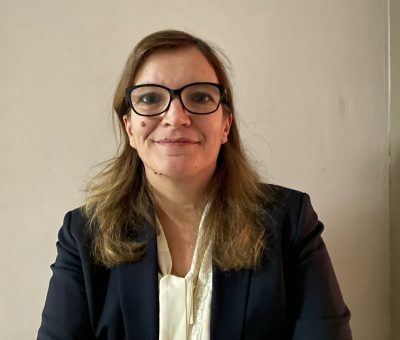
Marta
Onorato
Resident Program Director, Kosovo
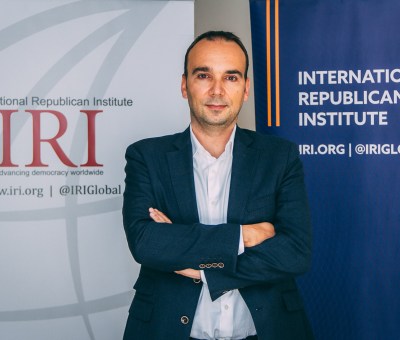
Borislav
Spasojevic
Resident Program Director, Montenegro
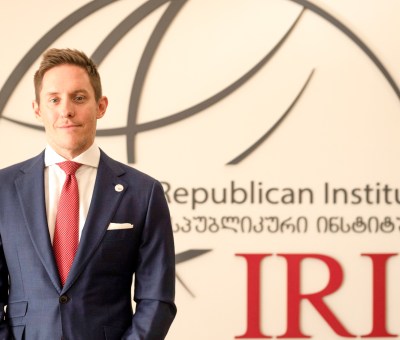
John
DiPirro
Program Director, Georgia
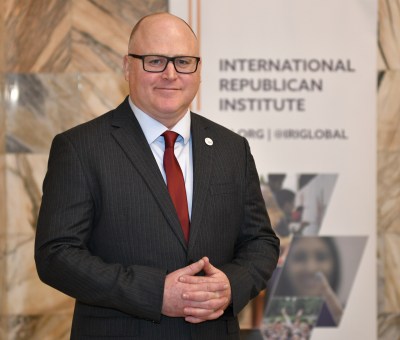
James
De Witt
Program Director, Armenia
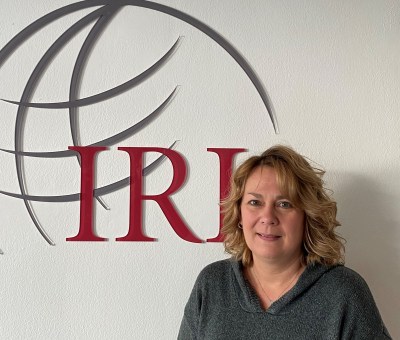
Andrea
Keerbs
Program Director, Hungary

Erin
McMenamin
Senior Program Manager, Legislative Strengthening

Elizabeth
Montgomery
Deputy Director, Europe
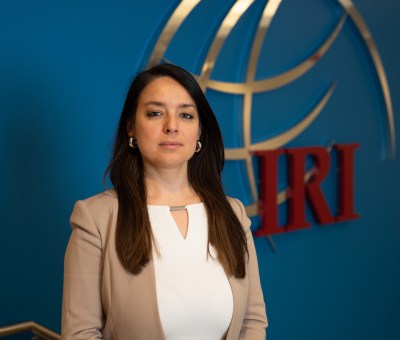
Ilina
Mangova
Regional Advisor, Europe
Latest News

WDN Member Profile: Silvia Rita Souza
Silvia Rita Souza is the Executive Director of WDN Brazil, where she has trained over 2,000 women in leadership skills…
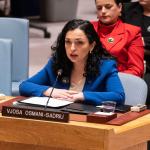
Building an Inclusive Political Environment for Wo…
Inclusive political participation is a core element of a democracy. In Kosovo, equal participation within, and representation by, political parties…

WDN Member Profile: Indu Tuladhar
Indu Tuladhar, a WDN member from Nepal, is an inspiration whose passion and perseverance is creating positive change. Tuladhar grew…

WDN Member Profile: Ngeh Kelly Kushinyu
Ngeh Kelly Kushinyu, a member of WDN from Cameroon, embodies the essence of the network. Beyond her vibrant personality and…

WDN Member Profile: Lucila García
Meet Lucila Garcia, a dedicated WDN member from Argentina who was first introduced to the Network in 2015, when she…

In a Region in Crisis, Women Leaders are a Stabili…
South American countries are facing crises on multiple fronts. Ecuador is experiencing spiraling insecurity, there is political paralysis in Bolivia…
IRI Honors Elena Larrinaga de Luis and Berta Valle…
The International Republican Institute’s (IRI) Women’s Democracy Network (WDN) held its annual Jeane J. Kirkpatrick Award ceremony on Tuesday, March 12th, honoring,…
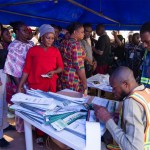
IRI’s 40th Anniversary Year: Highlights of 2023…
Marking the 40th anniversary of the International Republican Institute (IRI), 2023 provided many key moments in our fight to advance…

IRI Honors Estonian Prime Minister Kaja Kallas wit…
Washington, DC – The International Republican Institute’s Women’s Democracy Network held its annual Jeane J. Kirkpatrick Award ceremony on Monday, November 13th, honoring…

Moldova Women’s Forum: Supporting the Next Generat…
The International Republican Institute (IRI) hosted its inaugural Moldova Women Forum on October 21 at Castel Mimi outside of Chisinau,…
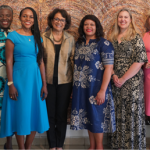
Advancing Women’s Political Leadership and Gender …
The International Republican Institute’s (IRI) Women’s Democracy Network-Africa (WDN-Africa) is a vibrant network of exceptional leaders dedicated to harnessing the…

Integrating Women’s Voices into Local Politics in …
This article is part of a series highlighting the work of five inspiring and capacity-building initiatives the young civil activists…
Latest Resources
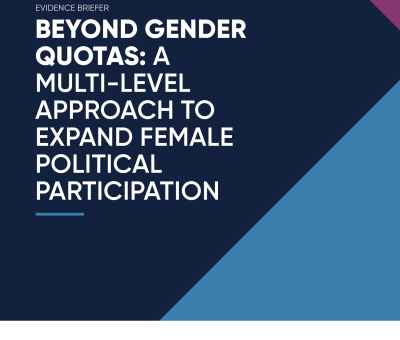
Beyond Gender Quotas: A Multi-Level Approach to Ex…
Institutional barriers to female political participation have fallen worldwide in recent decades, resulting in a dramatic increase in the number…
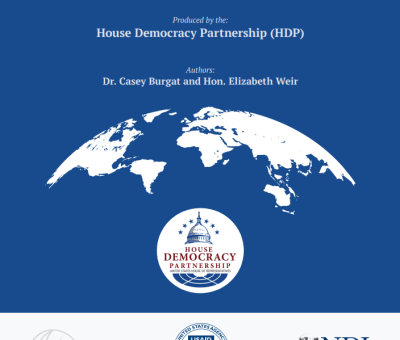
HDP Global New Member Orientation Guide
The International Republican Institute (IRI), in partnership with the National Democratic Institute (NDI), produced a House Democracy Partnership (HDP) Global…
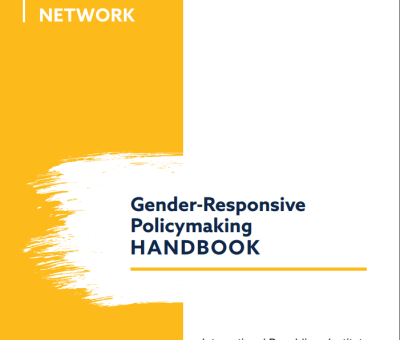
Gender-Responsive Handbook Supports Equality in Po…
The Women’s Democracy Network (WDN) has developed a gender-responsive policymaking handbook to help elected officials and civil society leaders integrate…
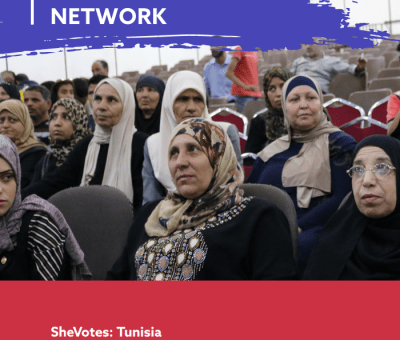
SheVotes: Tunisia Understanding Barriers to Women&…
Tunisia has pioneered women’s rights in the Arab world by abolishing polygamy, creating a civil judicial process for divorce and…